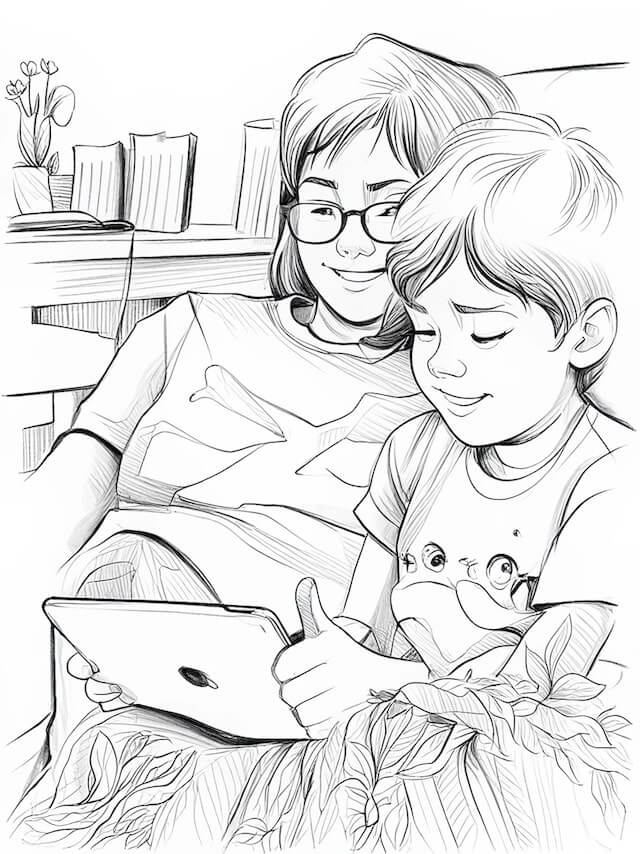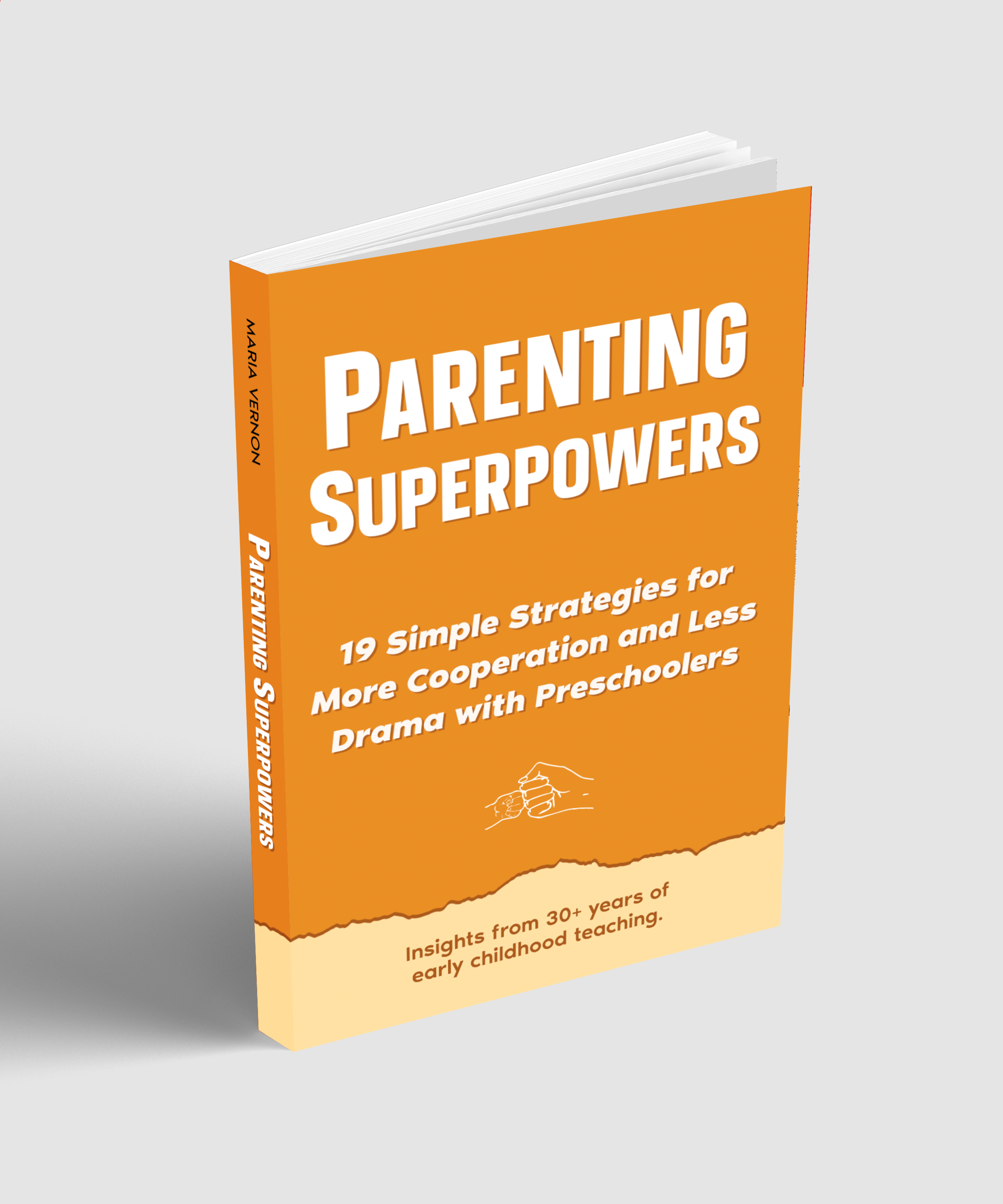About Me

Hi. I'm Maria. I have over 30 years experience as an early childhood teacher. I've worked alongside thousands of children during their wonderfully chaotic early years. I've also had four children of my own (and now I'm a grandmother!). So, I've seen it all—from daycare drop-off meltdowns to midnight wake-ups; shaky first steps to playground squabbles.
Over my years as a teacher, there was one big lesson I learned about child behavior—a lesson I only fully absorbed after lots of experience with children.
So, Why Should You Listen to Me?
But first, it helps to understand the unique position early childhood teachers are in:
- Parents pay for their child's daycare. Parents are the teacher's "customer" (and of course are perfectly free to take their child elsewhere).
- Every parent has their own unique way of responding to their child’s behaviour. Even if they wanted to, teachers couldn’t apply every parent’s preferred approach to each individual child in a daycare setting. It would simply be impossible. Imagine treating two children engaged in the same behaviour differently, based on each family’s expectations. Children are highly attuned to fairness—they’d see their unequal treatment as very unfair, which would naturally lead to confusion, resentment, and more behavioural challenges.
- Some parents will use methods that conflict with the views of other families (and possibly with the training and ethos of the teacher and the center—or even their regulations). A parent might have grown up being yelled at as a child, and may do the same with their toddler. Yelling could easily terrify children not accustomed to it.
- Teachers can’t use many of the techniques parents use at home to manage behavior. They can’t say, "Go to your room," “No iPad,” or “No dessert” (not that they want to!).
Early childhood teachers need to find approaches that work for all children while still respecting their “customers”’ diverse parenting styles (or build up a superhuman tolerance for chaos and anarchy!).
So, getting back to me…
In my work, with very limited options for what you might call top-down control, it was a simple, practical case of finding a better way (and quickly!). That “better way” was to focus on what triggered a child’s behavior, not on the behavior itself.
So, my fundamental principle for interacting with under-fives grew out of practical necessity, and became second-nature to me over the countless hours I spent "on the floor." When a child’s behavior is confusing or frustrating, or strays from perfect, I always ask, “Why?”
Because I found there is always a reason.
And since there is always a reason for your preschooler's behavior, it means that once you understand what that is, there is always something you can do! That, dear friends, is the key to the gentle art of calm parenting (and sane early childhood teachers!).
My whole approach centers on this one core belief: a child's behavior tells a story. Instead of seeing challenging moments as problems to fix, I've learned to ask "What is this child trying to communicate?"
And if you ask this simple question it will transform how you respond to your child.
After decades of guiding children through the ups and downs of early childhood, I’ve retired from classroom teaching—and now I want to share what I’ve learned with mums and dads like you, navigating what I know is a wonderful, but often tough, exhausting, and sometimes even frightening time. My writing is here to help you become a thoughtful observer of your child—so you can uncover the “why” behind their behaviour and respond with confidence and compassion.

I do believe deeply that you know your child better than anyone else, and that you are their best teacher. I also believe there are no one-size-fits-all solutions in parenting—every child is unique, every family different. So the purpose of my book isn't to give you pat answers, but to offer perspective, practical strategies I've seen that worked for me, and most importantly, to give you the reassurance that your child's behavior is very normal and that you are not alone, or the first, on this journey.
When I'm not writing, you'll find me enjoying gardening and spending time with my own growing family, always learning something new from this next generation of little ones. After over 30 years, preschoolers still fascinate and enchant me.
—Maria

